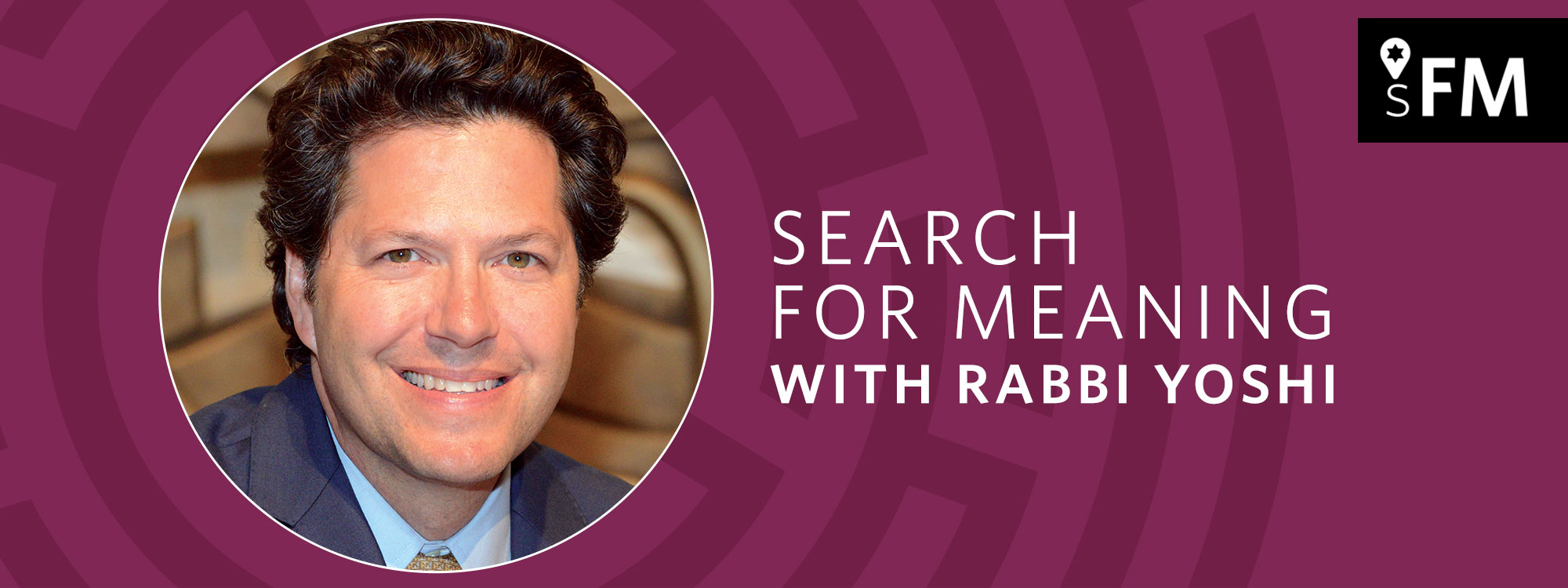“Six days you shall labor and do all your work but the seventh day is a sabbath of the ETERNAL your God: you shall not do any work—you, your son or daughter, your male or female slave, or your cattle, or the stranger who is within your settlements.” (Exodus 20:9-10)
The commandment to rest on the seventh day includes the mitzvah of working the other six. The great medieval Sage Rashi’s careful reading of the verse can help us think about work and rest in profound ways.
Rashi notices that the Torah includes the word “all.” He asks if it is truly possible in six days to complete all of the work we need to accomplish in a given week? The day is short and the task is formidable—can we ever finish it all?
His commentary invites us to think about work and rest differently: “When the Sabbath comes it should be in your eyes as though all your work were completed so that you shouldn’t think about it at all.”
Rashi invites us to a type of Sabbath mindfulness. By focusing on Shabbat rest, a leisurely meal, study, a long walk outside, and down time away from email and other concerns, we can more fully experience and appreciate the gifts Shabbat offers.
The truth is that our work is never truly finished. In order to do it better and to live more meaningful, rewarding lives, for at least one day in seven we must set it aside along with our worries about it so that we can rest and be renewed.
— Rabbi Yoshi Zweiback

